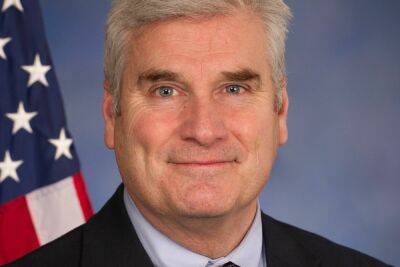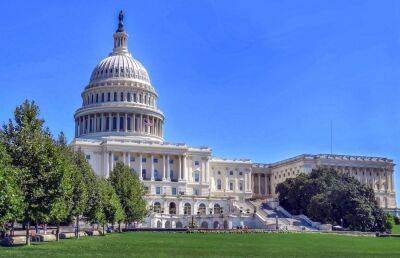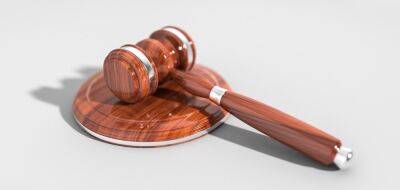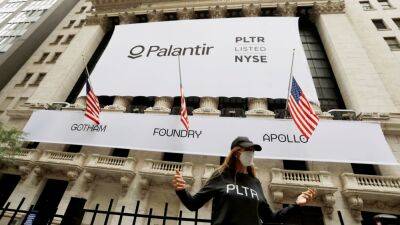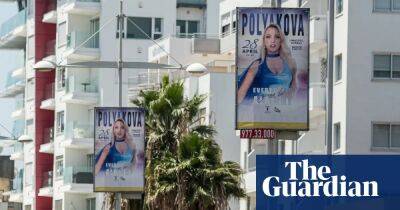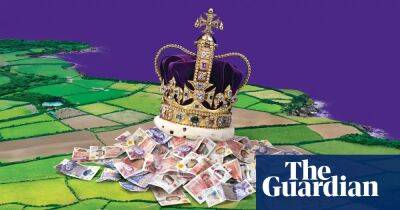Royals cashing in on gifts – surely that’s unseemly for a modern monarchy?
Revelations that members of the royal family may have personally benefited from gifts made to them because of their official public roles raise some serious ethical issues.
The Guardian’s latest report shows that stamps that were given to the royal family as state gifts appear to have been subsumed into the “privately owned” royal philatelic collection, which is worth an estimated £100m.That certain items today in that collection were, in fact, the product of a “gift” from a former colonial administration less than a century ago, is most unseemly for a modern monarchy. Surely King Charles will want to put this right?
Whether those in public office should be accepting gifts and hospitality is something that crops up regularly in anti-corruption work. Valuable items or all-expenses-paid trips pose a considerable risk, as those offering them are typically hoping for something in return, be they introductions to others in high office, recognition, or outright influence over public policy. The more exorbitant the gift or hospitality, the higher the risk. Hence the importance of clear rules on whether gifts are accepted, how this should be recorded and when the information is made publicly available.
Unlike the guidance for other high offices, the royal gifts policy is more a collection of best practices than a set of hard and fast rules. A closer examination reveals it is long overdue a refresh. Some heavy caveats in the text could provide undue barriers to the press or public accessing information about what gifts have been received. Convenient exceptions so as to avoid offence by turning down gifts could make it easy to argue that almost all of them should be accepted. And a reference to accepting cheques on behalf of
Read more on theguardian.com

